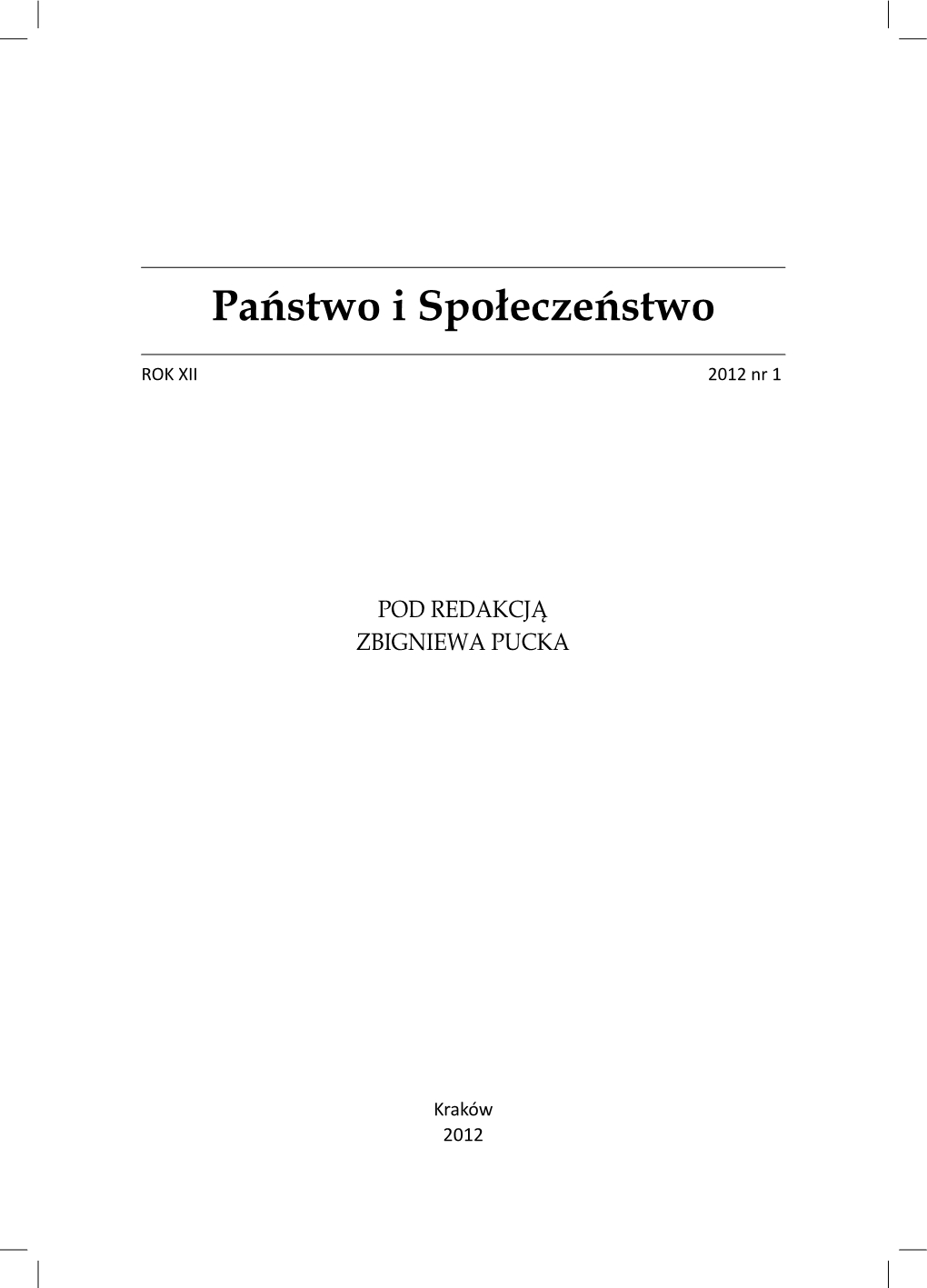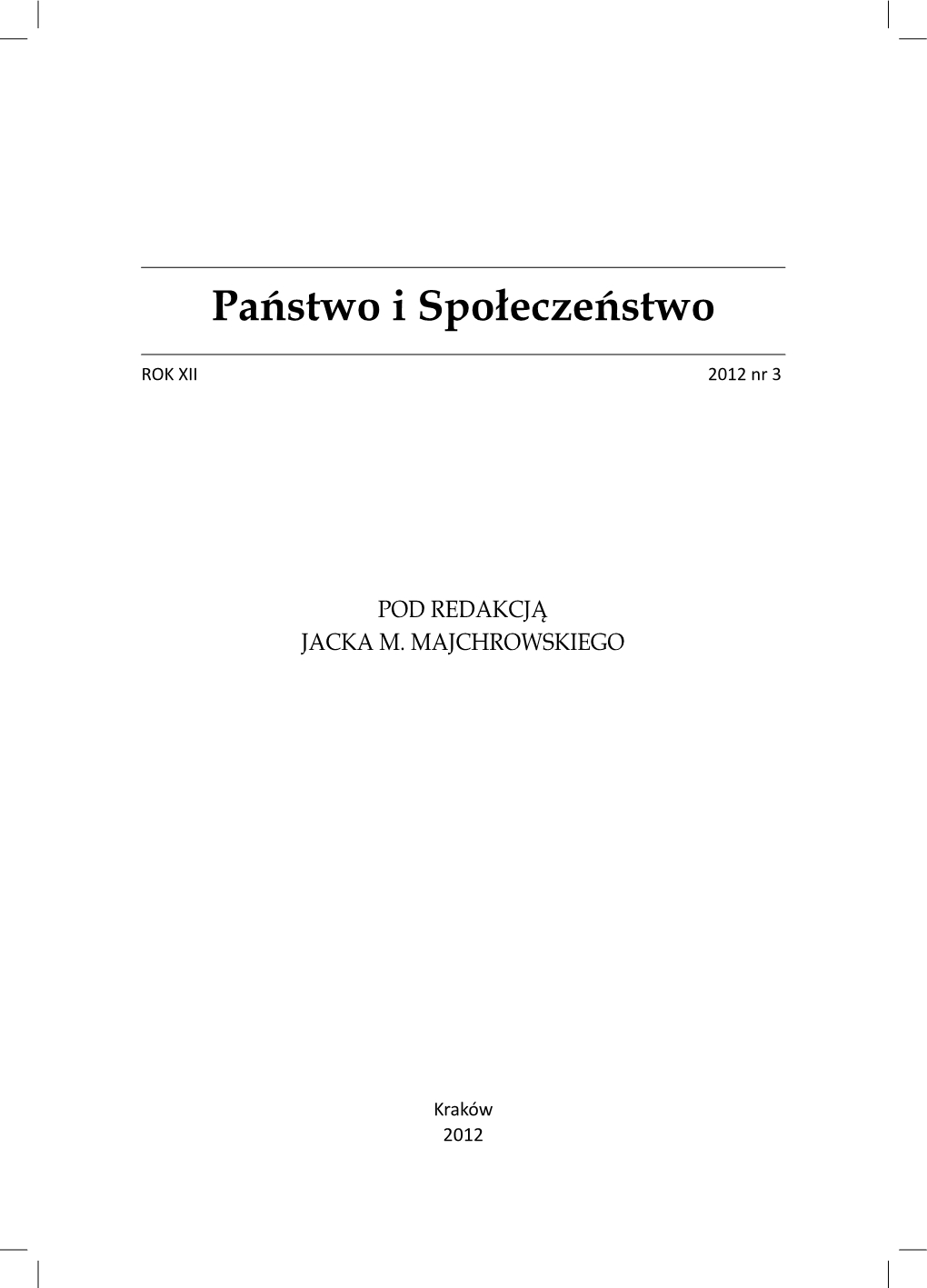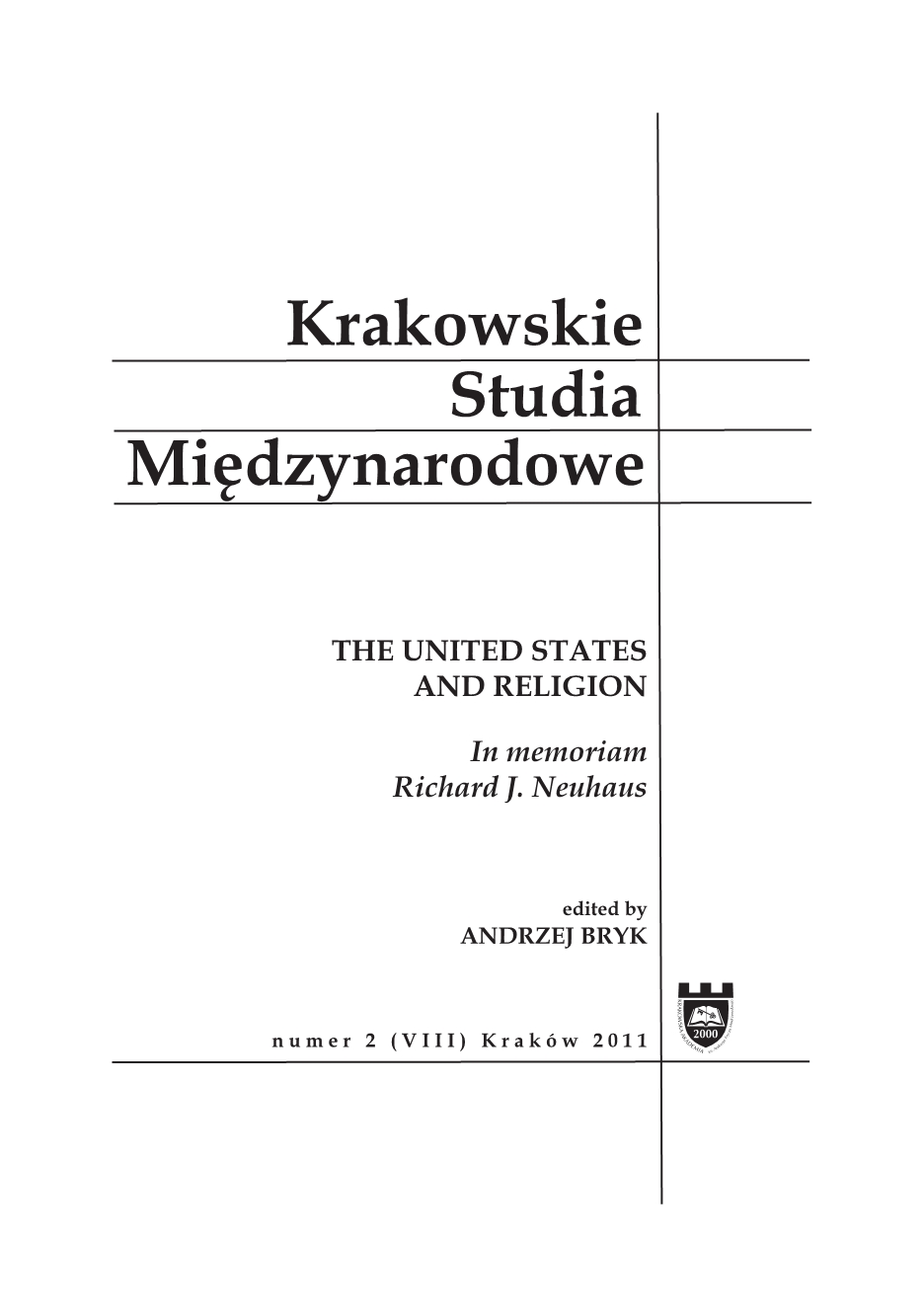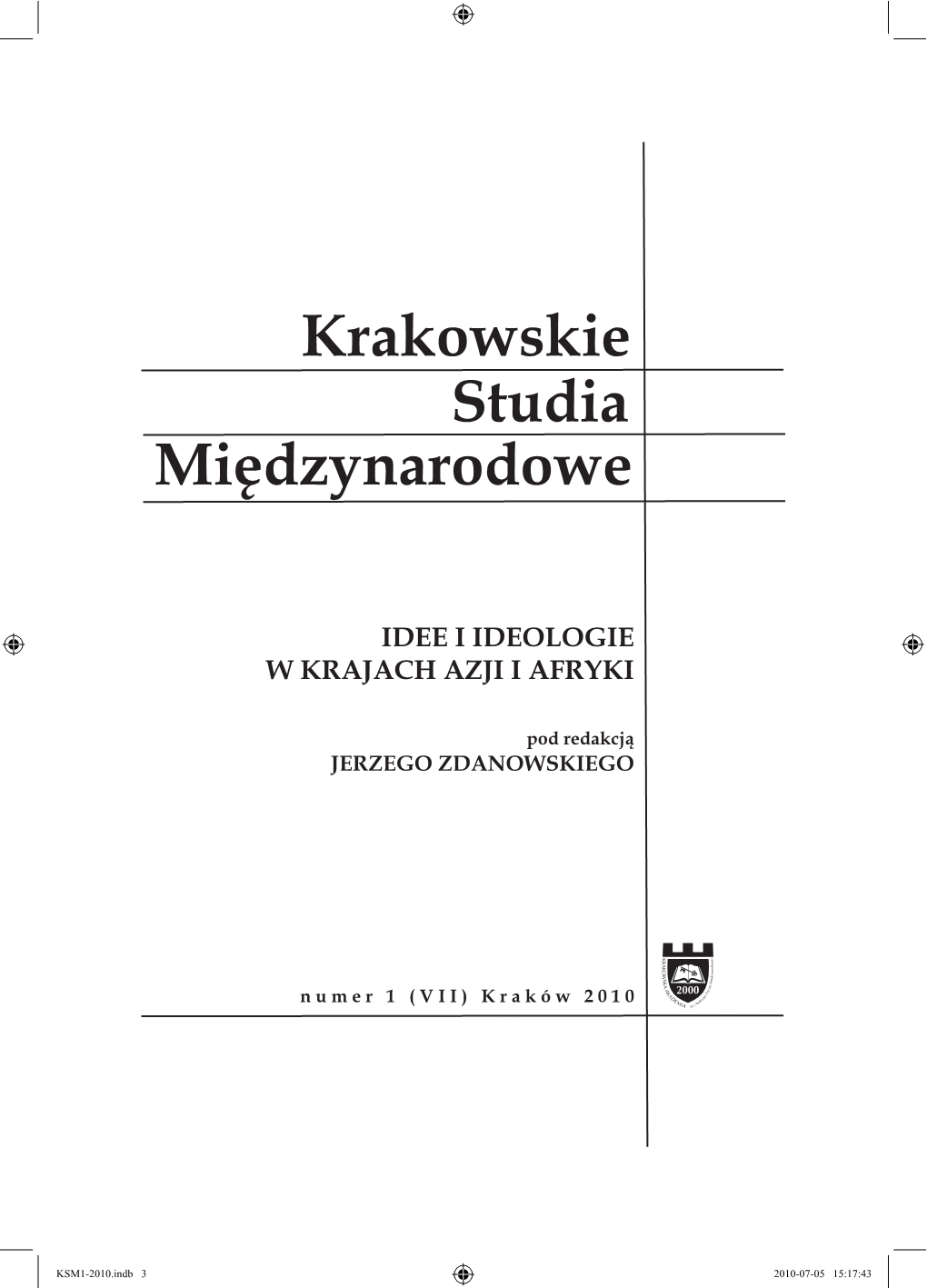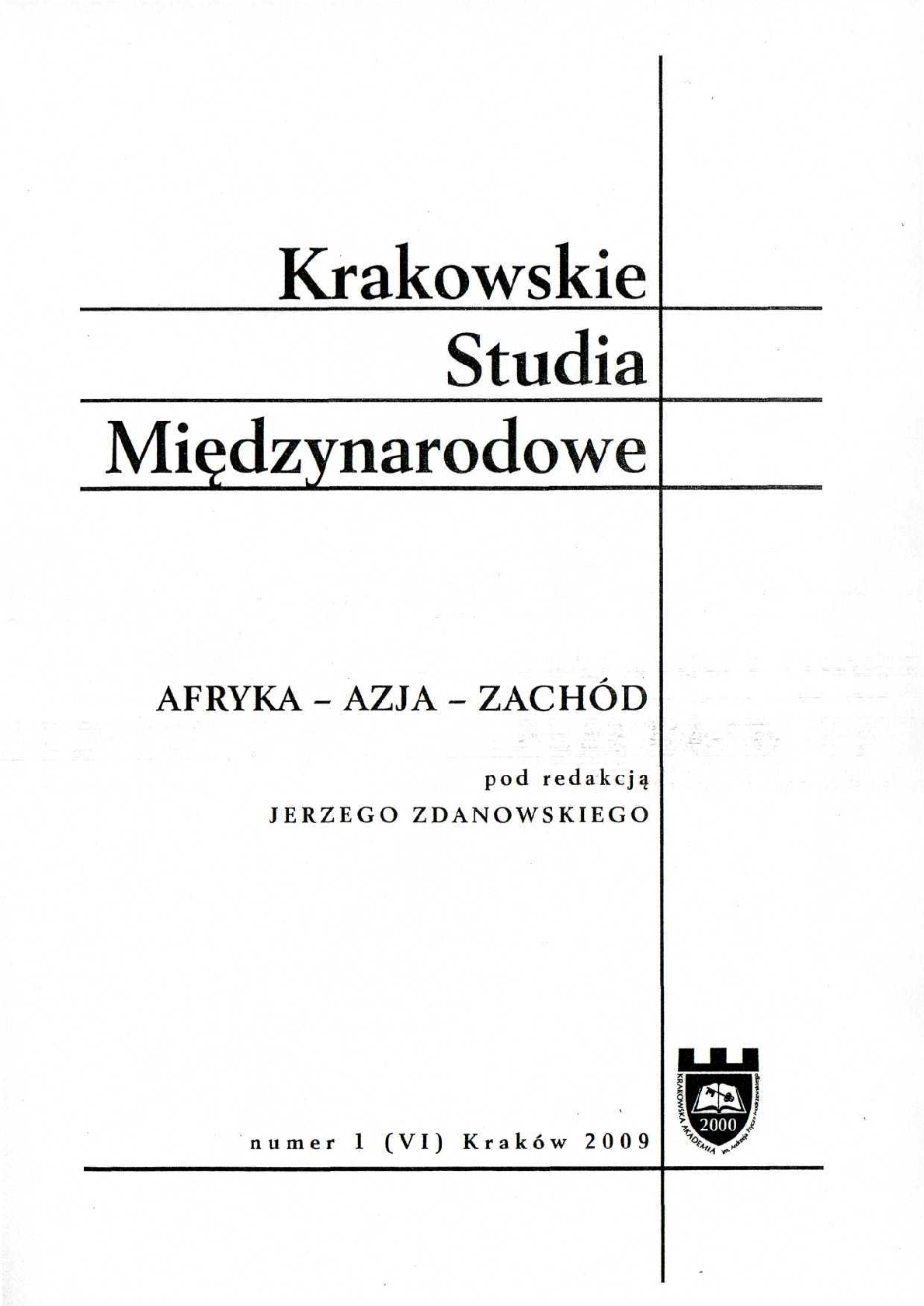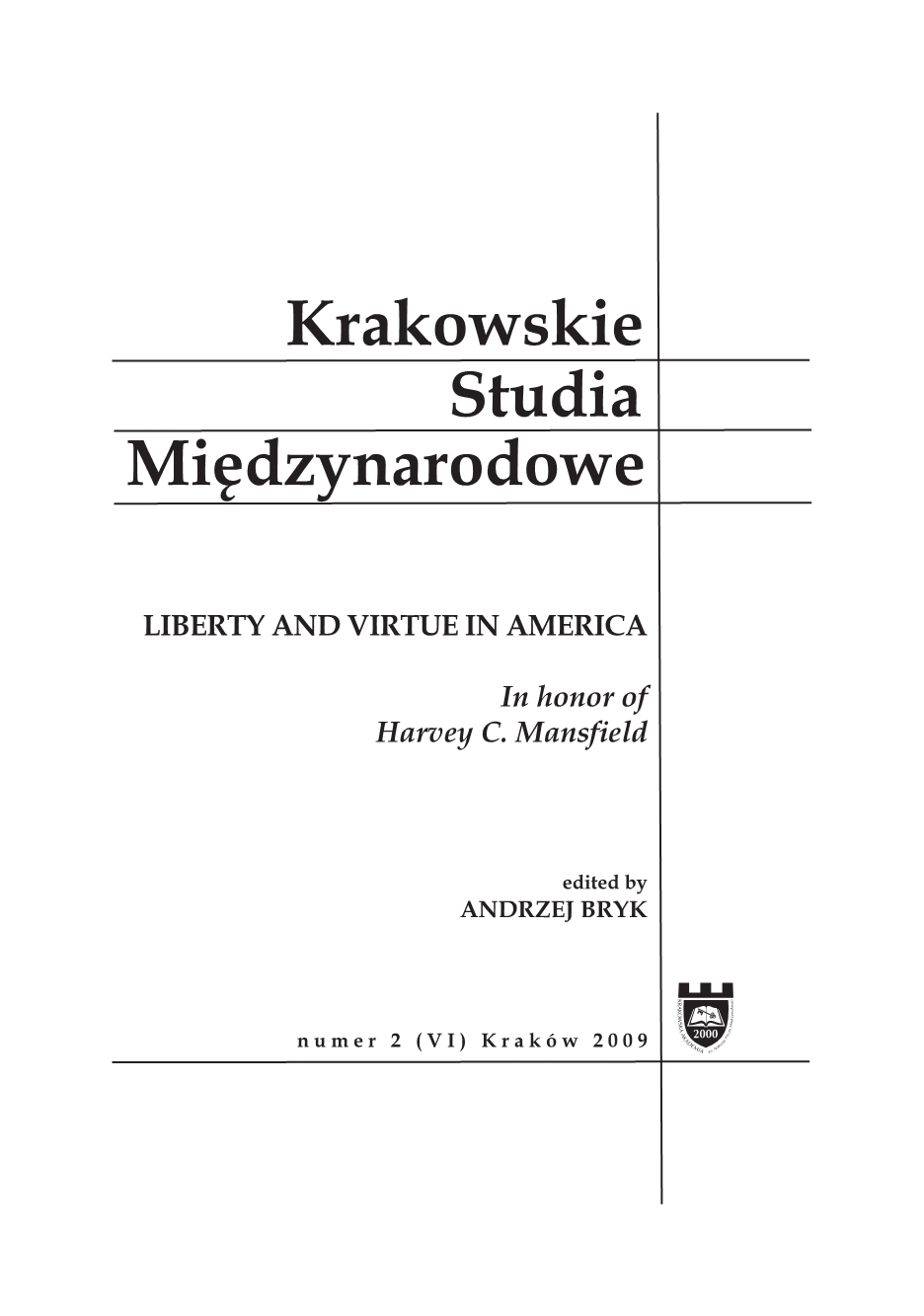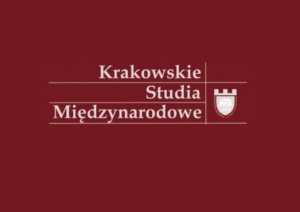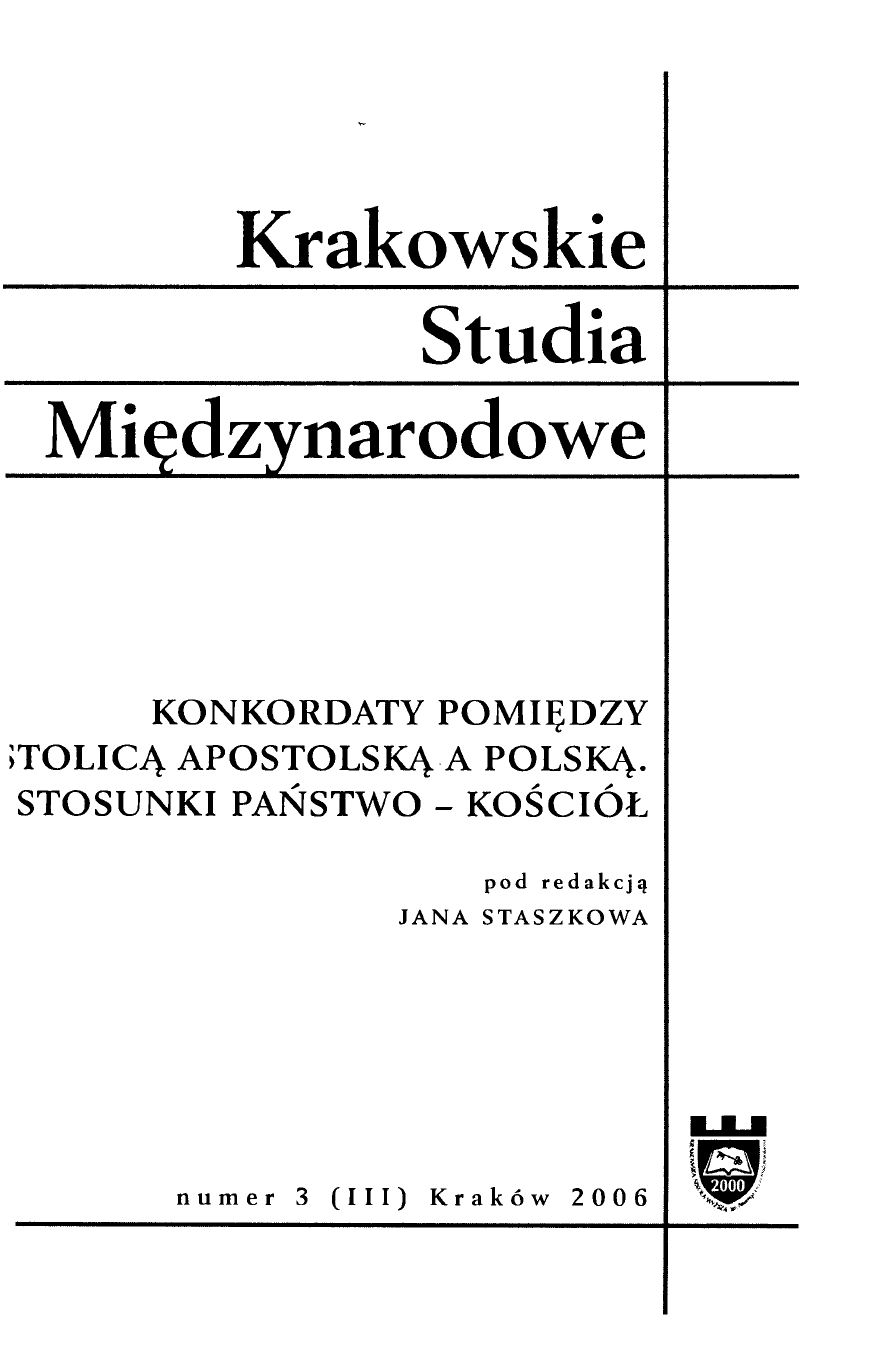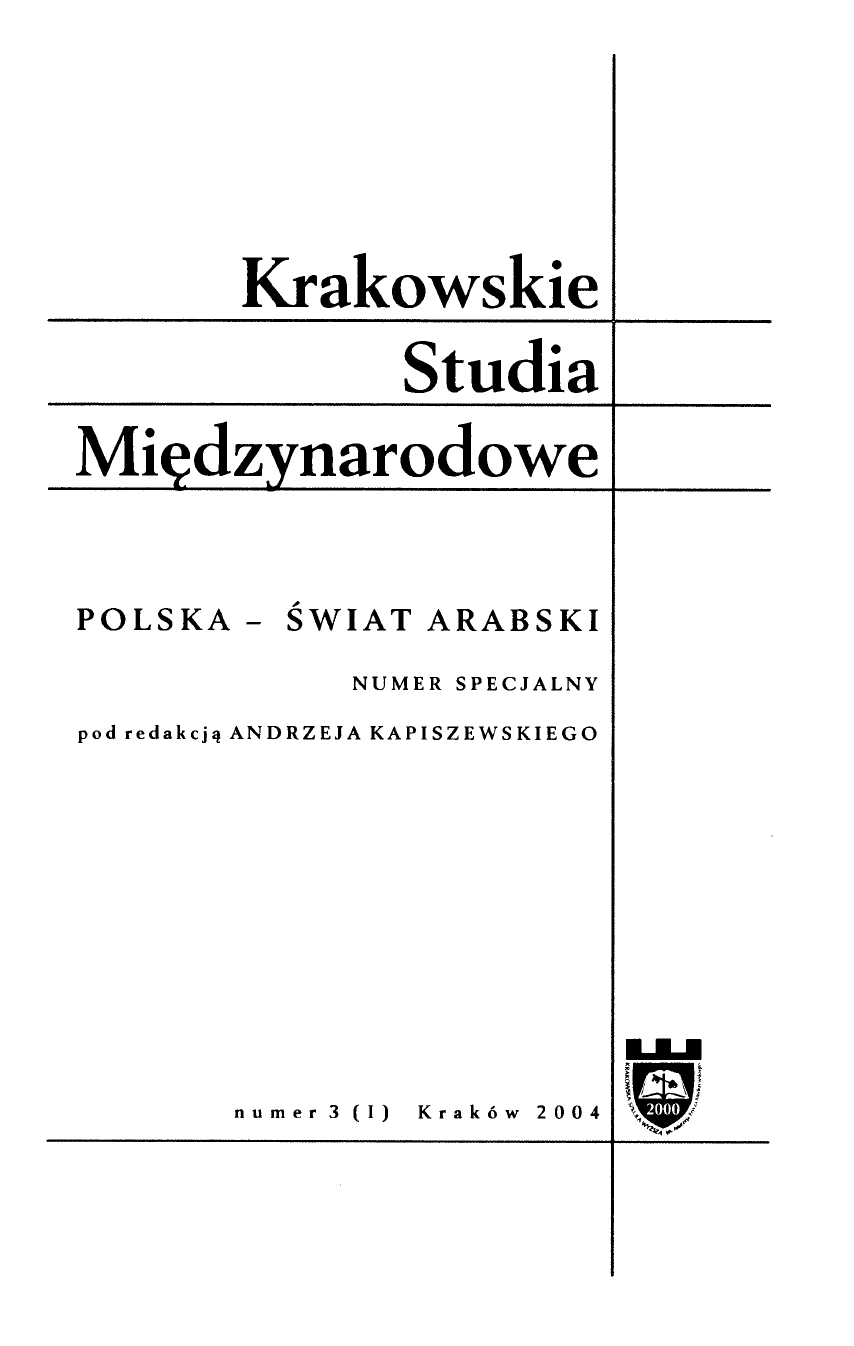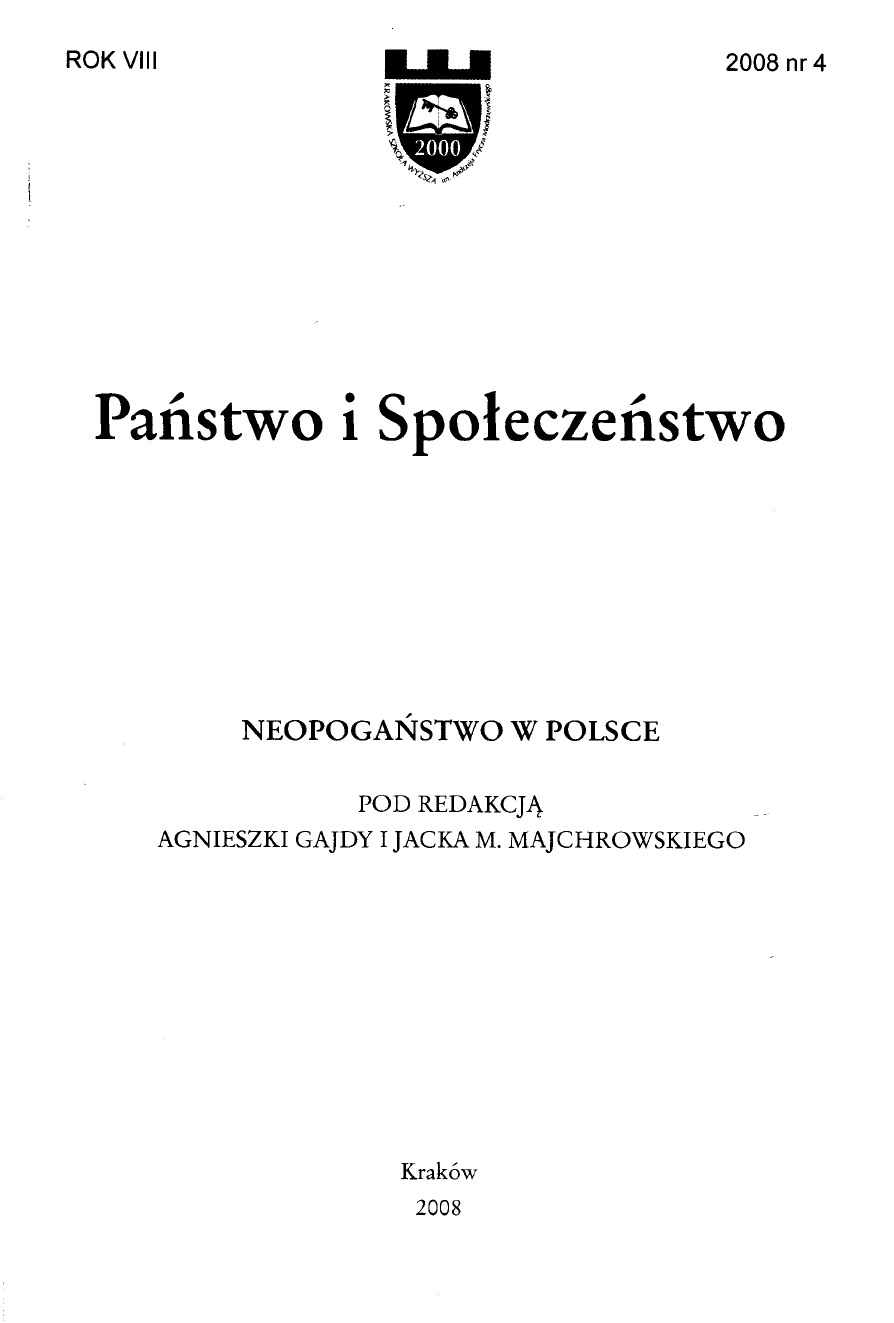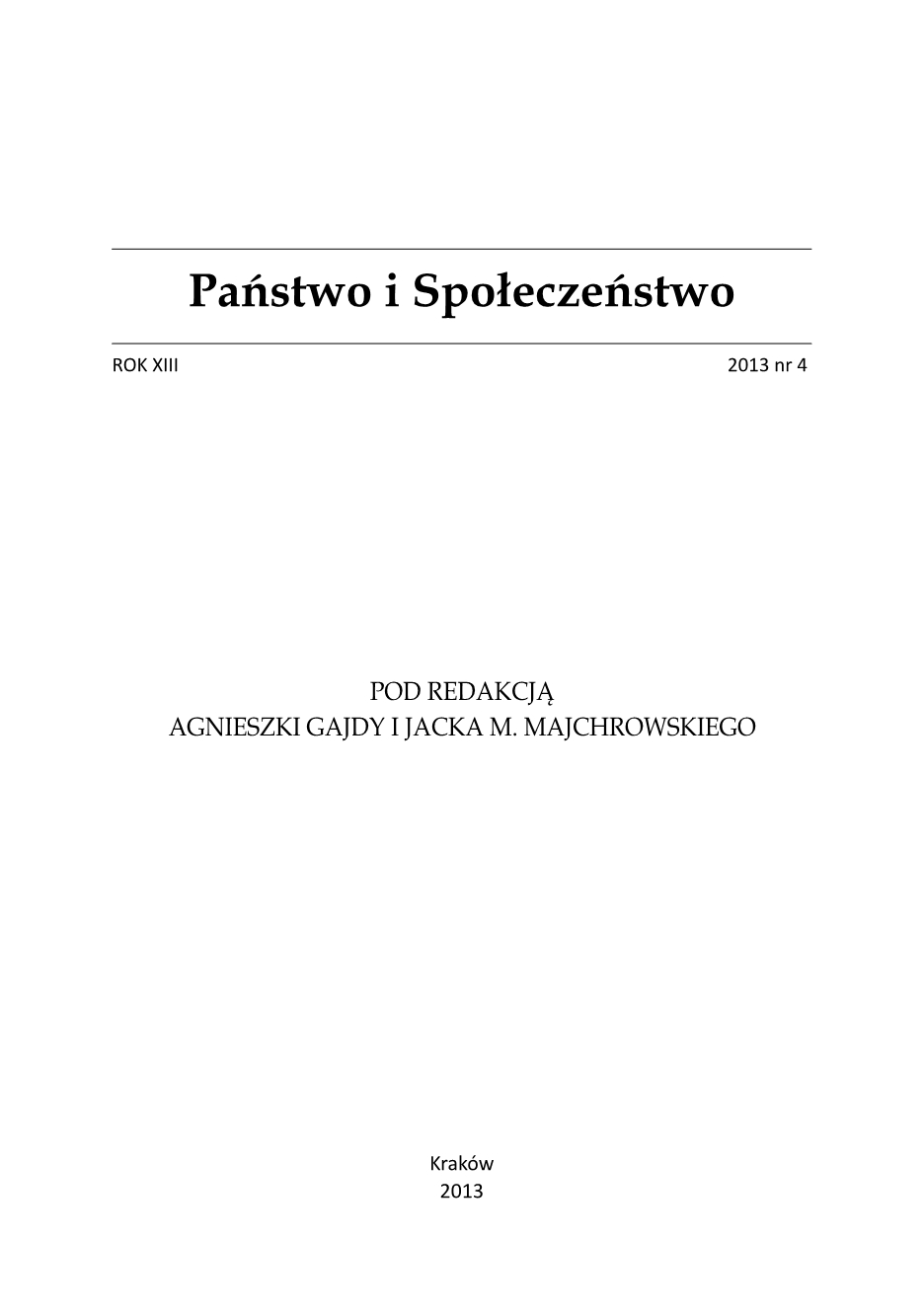
Irenologia – chrześcijańska nauka o pokoju. Próba określenia kierunków badań z perspektywy protestanckiej
Protestant theology states that “Christian annunciation is essentially the message of peace, and theology, as an interpreter of Revelation, it must be peaceful in nature”. Nowadays peacekeeping doctrine in Polish Protestant theology was represented by Witold Benedyktowicz. The basis of the Christian irenology are the following statements: 1) war is a sin, 2) peace is a positive value, 3) peace for Christians is Christ; 4) peace among people is the result of the reconciliation of mankind with God, 5) peace is the normal state of things; 6) Christian peace service is a result of responsibility and represents penance, 7) commitment to the service of peace is a matter of a decision of faith; 8) the Church is the forerunner and promoter of peace; 9) there is no peace without unity of the mankind. Irenology the branch of theology can be seen as part of ecumenical theology and in Poland also as a kind of political theology.
More...
